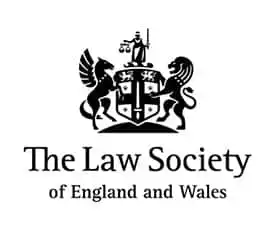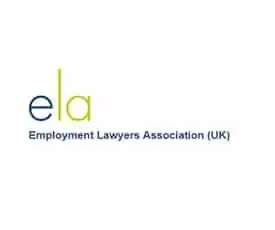Working With Cancer – What Are Your Rights?
Working With Cancer – What Are Your Rights?
According to the law, a person who has cancer is classified as disabled and all the laws that apply to disabled employees in the workplace will then apply to them. Therefore, employers need to treat an employee with cancer in the same way that they would treat every other employee in the workplace. If they do not do this, it is discrimination.
Discrimination can be direct, arising from a disability or indirect. The laws against discrimination also apply to all aspects of employment from the recruitment process and ensuring that the disabled employee receives the same benefits and employment terms and conditions as every other employee. Being overlooked for promotions or other opportunities in the workplace due to a disability is also considered to be discrimination.
While an employer can inquire as to the health of a potential candidate for employment or an existing employee, they may only do so on a limited basis. An employee or potential employee is not required to disclose the status of their health. An employer cannot make decisions regarding employment based on any health issues that have been disclosed or the lack of disclosure of a health condition.
However, non-disclosure of a cancer diagnosis, if you are receiving treatment that may affect your ability to perform your duties, is not recommended. An employer cannot terminate your employment due to the effects of cancer or cancer treatment and may be required to make allowances by reducing work hours, providing time off for treatments or ensuring a lighter workload.
While an employer is required to make accommodations for your cancer and cancer treatments, they are only required to do so on a reasonable basis. In other words, if you are no longer able to fulfil any of your duties at work or take extended leave, they may be legally allowed to terminate your employment so be sure to seek employment law advice. The terms of termination are provided for in the Disability Discrimination Act, of 1995.
Disclaimer: The contents of this article are for information purposes only and should not be relied upon as formal legal advice. We cannot accept responsibility for any loss as a result of acts or omissions taken in respect of this article. Specific legal advice should be sort tailored to the individual circumstances in all cases.
For any information relating to our services please give us a call and we will be very happy to help.
What Can We Help With?
- Settlement and compromise agreements
- Unfair dismissal advice
- Employment tribunal advice
- Discrimination claims
- Redundancy advice
- Breach of contract
- Advice on maternity and paternity leave
- Book A Free Consultation
- Understand Your Situation
- Know Where You Stand
Our 3 Step Process
Book A Free Consultation
This complimentary consultation allows our employment solicitors to understand more about your specific situation so we can provide you with the best advice possible.
We’ll lay out your options and will advise you upfront of any costs involved.
Our 3 Step Process
Understand Your Situation
Understanding your unique situation will help us to understand how we can help you move forward with more clarity.
Although everyone’s situation is unique, we’ve most likely dealt with similar scenarios before.
Our 3 Step Process
Know Where You Stand
Whether that’s pursuing unfair dismissal, negotiating a larger settlement agreement, starting a claim for discrimination or simply having peace of mind.
We’ll help you feel clearer and more settled.

0 / 127
5 star reviews

0 / 50
5 star reviews
Yell.com

0 / 231
5 star reviews
ReviewSolicitors
Client Feedback
We have formed many long-lasting relationships by listening to feedback and understanding our clients’ needs. Our employment law advice provides exceptional care and tailored support.
“DPH Legal has provided expert advice on all aspects of employment law. When advising us on any matters there was always a choice of action that could be taken and clear instruction on risks and options open to the company.”
Tracey Rees
“Outstanding I fully recommend DPH Legal to anyone who needs legal representation or advice for even the most contentious and upsetting disputes. David Harris and the whole team are second to none, and they give fact-based advice to get the best outcomes for the client.”
SilverPot63
“From beginning to end they were a pleasure to deal with. They were extremely efficient and the lawyers at DPH Legal were without doubt experts in their field. They conduct themselves with impeccable professionalism and remain in constant communication throughout.”
Behrooz Vahedifar
Award Winning Service
Our award-winning legal services are recognised for excellence, professionalism, and client success. We provide tailored strategies with a focus on precision, integrity, and results.
Contact a Lawyer Today
Davidson House,
Forbury Square,
Reading, Berkshire,
RG1 3EU
0118 914 5622
info@dphlegal.com









